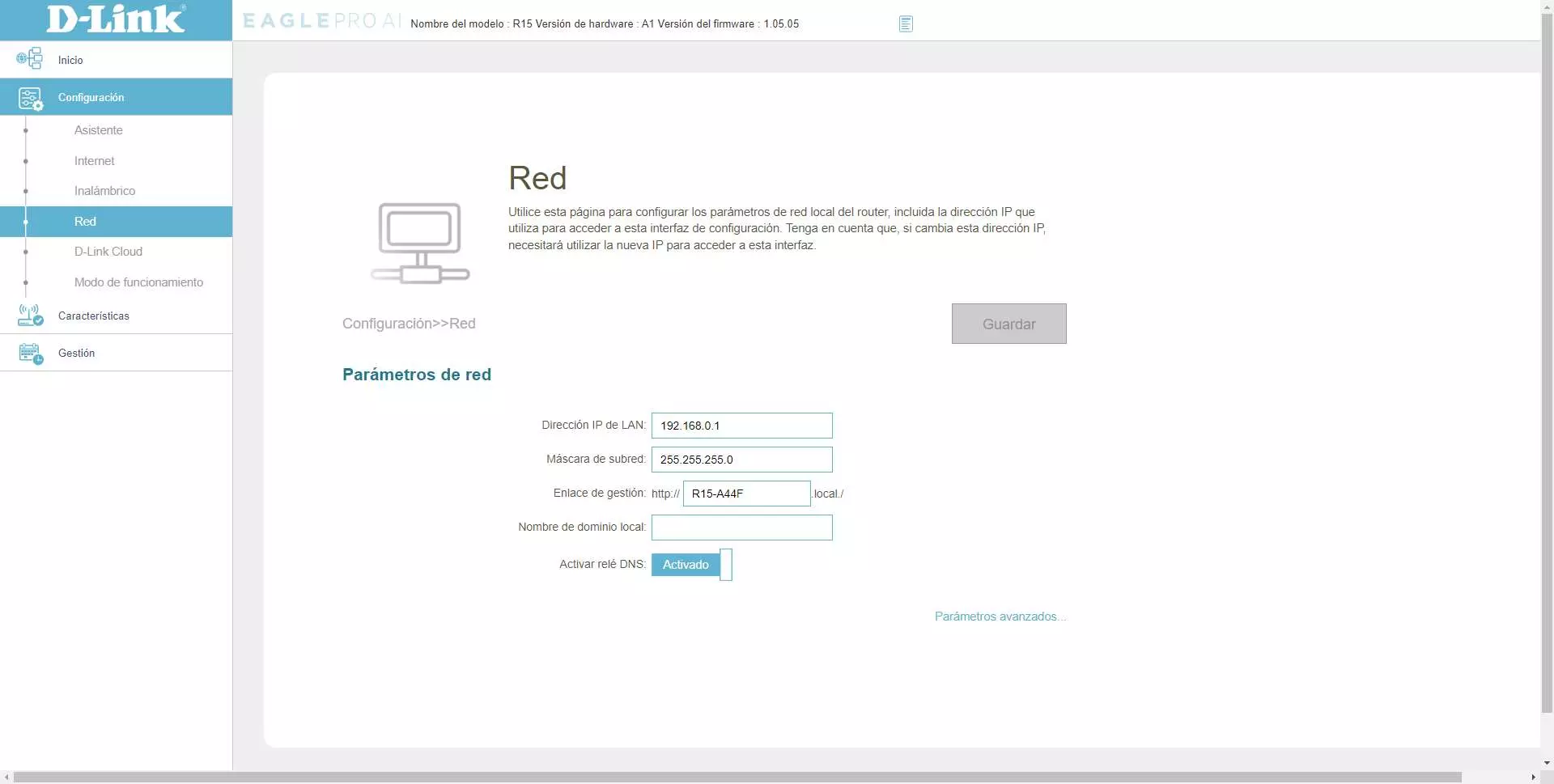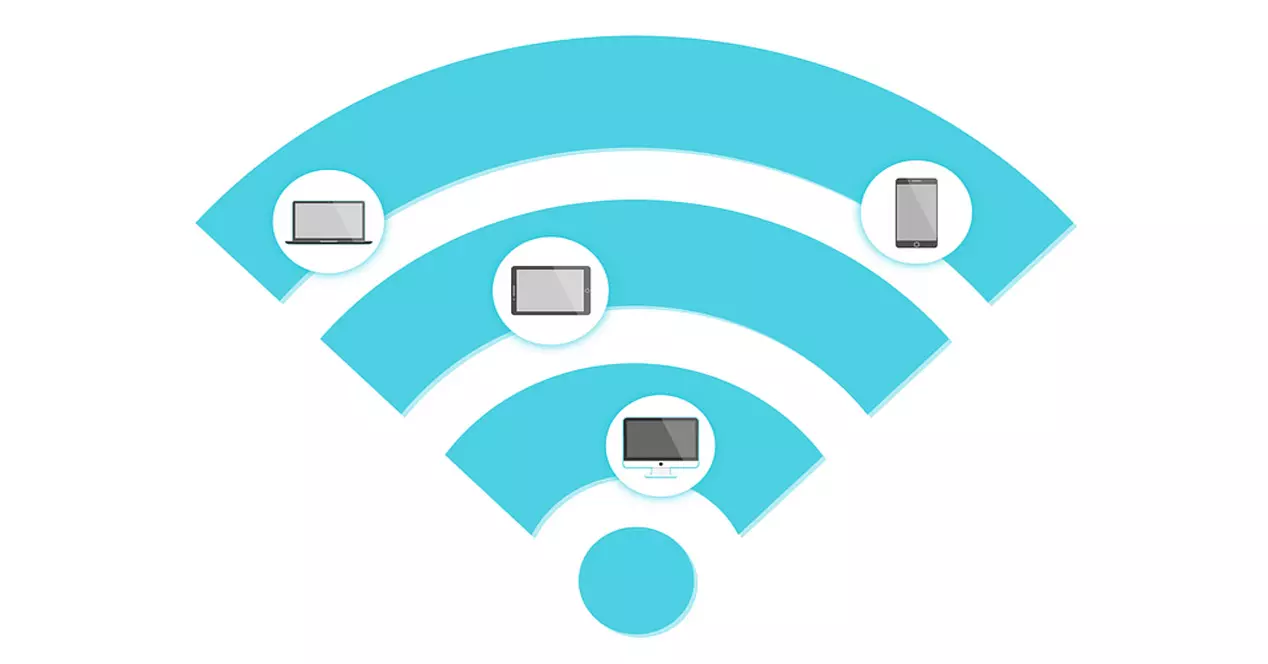
What happens if an attacker takes the device control? I could access everything you have saved. It could also impersonate you and get in touch with other people and thus amplify its attacks. Preventing this from happening is key. Although they can attack any device, mobile phones are the ones that have suffered the most threats lately.
Main attacks against mobiles
The reason there is more attacks against mobile phones It’s basically because we use it for everything. Today it is common to have banking applications, messaging programs, perhaps you store important information, make purchases… If they are in control, they can attack in many different ways.
fake apps
Undoubtedly, a widely used option is to sneak in fake applications. They are programs that are going to pretend to be original, legitimate, but in reality they are not. You can come across software of all kinds, such as social networking applications, banks, messaging… they are a significant danger.
What to do to avoid fake apps? The main thing is to always install programs from trusted sources. You can go to app stores, such as Google Play, as well as the web pages for those particular programs. Always check ratings and comments, to make sure you are installing legitimate software.
SMS that are Phishing
Of course, SMS is a widely used means of attacking through mobile phones. They can launch phishing attacks, which are basically strategies for you to fall into the trap and open a link. They are going to look for you to log in to a platform, download a file, etc. Actually, it is a scam and you should avoid it.
To protect yourself, it is best to use common sense and avoid mistakes. Never log in through a link that comes to you by SMS. Never give data or download any file. If you have any questions, contact that company directly. They can impersonate banks, transport companies, services like Netflix, social networks…
Messages to steal data
Something similar can happen with the messages you receive through applications such as WhatsApp or social networks. They can contact you with some pretext For example, they can tell you that you have won a raffle, that you have been selected for something, that there is a problem with an account… Actually, the range of options is very wide and they tend to change.
Beware of any suspicious messages that come to you via WhatsApp. Do not fall in the trap. Never give your data, or pay attention to what they tell you, such as downloading a file or installing an application to obtain a supposed prize. Once again, common sense is key in this case.
scam calls
The fake calls They have become quite popular in recent years. They may call you to alert you of a problem. For example, they can impersonate the technical service of a well-known company. And beware, they can even call you by your name. Why is this happening? They have been able to find out that, for example, you have a Netflix account or are a customer of a certain bank. They will call you to tell you that they have entered your account, that there is a problem and they need you to do something, such as giving them a code that they will send you by SMS.
Be careful with this, since what they are looking for is to steal your account. They know that you are a client of a specific bank, they know your name and other personal information. Maybe they have even stolen your password. What they need is the two-step authentication code that you are going to receive by SMS, which is why they call you so that you can send them that code and, supposedly, solve the problem. Do not fall for these scams and never give out information of this type to anyone.
Dangerous Wi-Fi networks
Yes, scams can also reach you through Wi-Fi networks that are actually fake or dangerous. It is common for you to connect to wireless networks when you are in a restaurant, hotel, traveling on a train… But beware, not all of them are reliable. There may be cyber criminals creating such networks just to scam.
Our advice is to use a good vpn to connect to public networks, such as Surfshark or NordVPN. However, if you want to reduce risk as much as possible, it is best not to make payments or log into sensitive accounts, such as the bank, when connecting to networks that you cannot completely trust.
As you can see, these are some of the main scams that can reach you through the mobile phone. It is always advisable to take precautions and not fall into the trap. Install a good antivirus, keep the system updated and always use official applications. But most important of all is common sense and not making mistakes.



